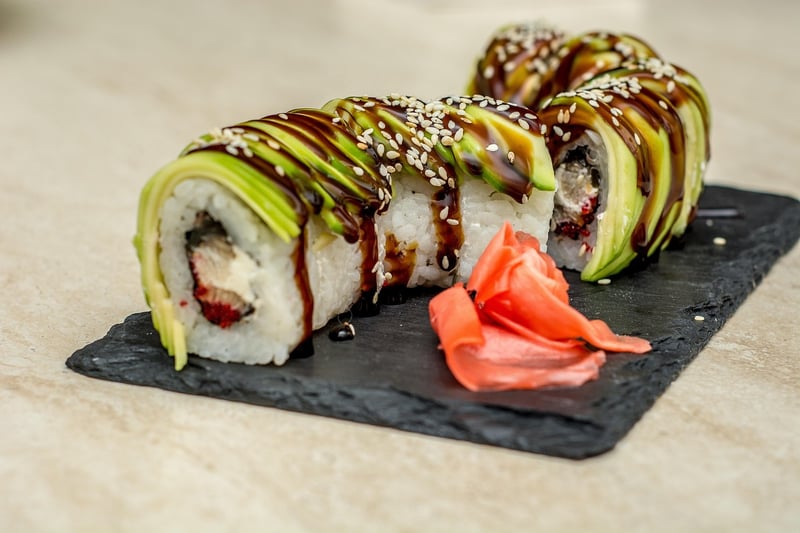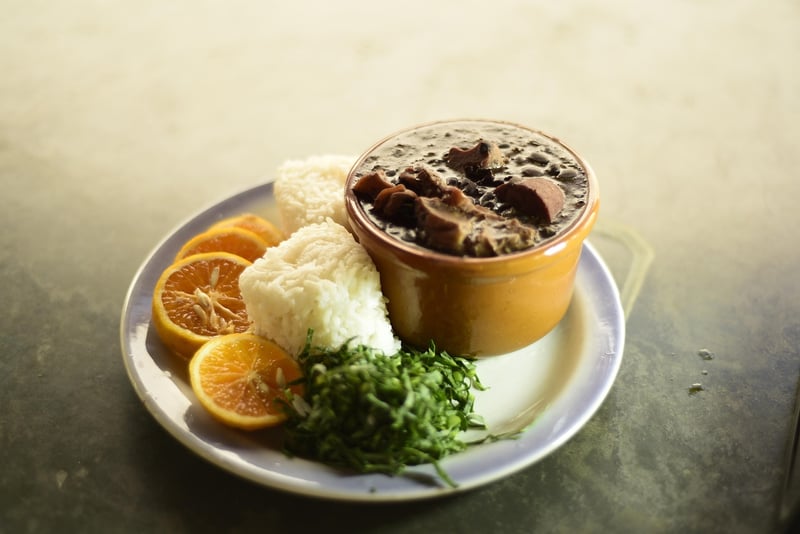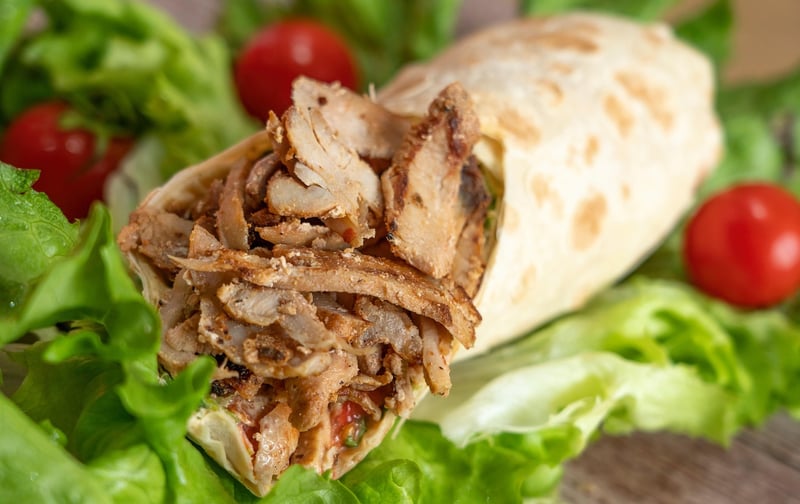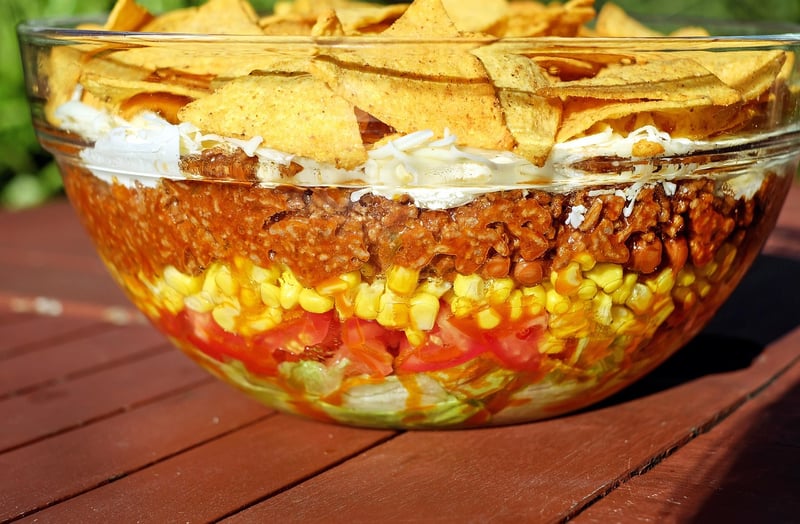Global Influences
The Origins of Food and Global Influences
Food is not just sustenance; it is also a reflection of a culture's history, traditions, and influences. The origins of various dishes can often be traced back centuries and across continents, showcasing how interconnected our world truly is. Let's delve into the fascinating journey of food and explore the global influences that have shaped our diets.
1. The Spice Routes
Spices have played a significant role in shaping the world's cuisines. The spice trade routes, such as the Silk Road and the Maritime Spice Route, connected the East and the West, facilitating the exchange of flavors and ingredients. Spices like cinnamon, pepper, and nutmeg traveled from Asia to Europe, transforming bland dishes and sparking culinary innovation.

2. Fusion Cuisine
Fusion cuisine is a beautiful amalgamation of different culinary traditions. It blends ingredients and techniques from various cultures to create unique and exciting dishes. Examples of fusion cuisine include sushi burritos, kimchi tacos, and curry pizza, showcasing how food can transcend borders and bring people together.

3. Colonial Influences
Colonialism left a lasting impact on global food cultures. European powers introduced new ingredients to the lands they colonized and adopted local cooking methods, leading to the creation of dishes like Indian curry in Britain, feijoada in Brazil, and Jollof rice in West Africa. These culinary fusions highlight the complex interplay between power dynamics and food traditions.

4. Migration and Diaspora
Migration has played a crucial role in spreading culinary influences worldwide. Diaspora communities bring their food traditions to new countries, enriching local cuisines and creating diverse culinary landscapes. From Chinese immigrants popularizing dim sum in the West to Lebanese migrants introducing shawarma globally, migration has led to a beautiful tapestry of flavors and recipes.

5. Street Food Culture
Street food is a vibrant reflection of local food cultures around the world. From Mexican tacos to Thai pad Thai, street food embodies the essence of a place's culinary heritage. It offers an affordable and accessible way to experience diverse flavors and culinary traditions, making it a beloved aspect of global food culture.

Food is a universal language that transcends boundaries and connects people from different parts of the world. By understanding the origins of food and the global influences that have shaped our diets, we can appreciate the richness and diversity of culinary traditions worldwide.
